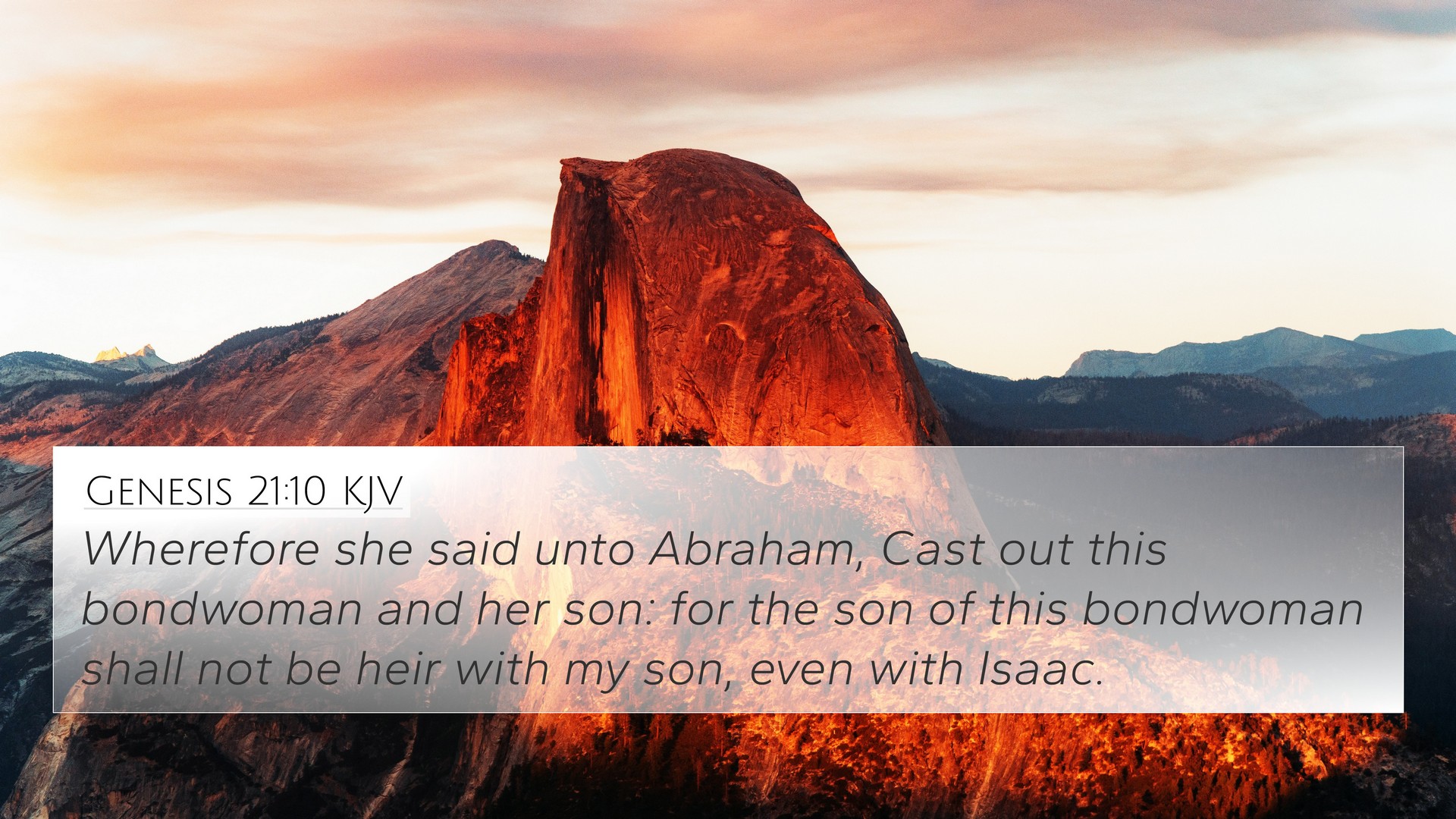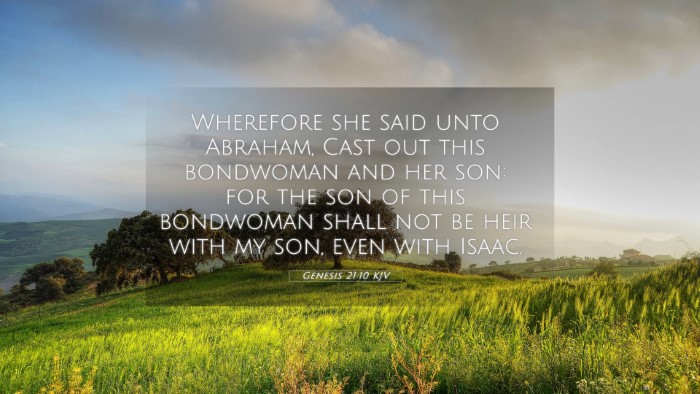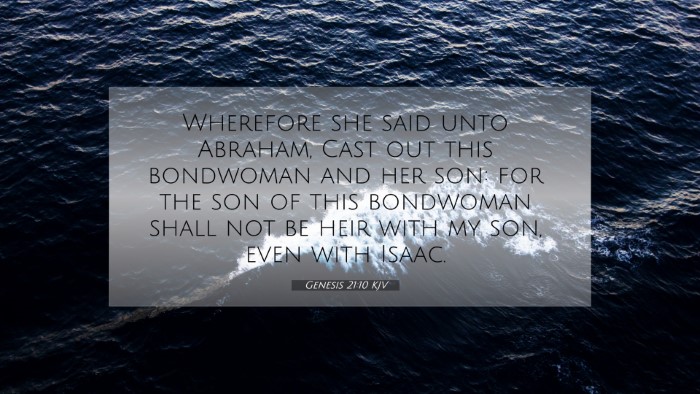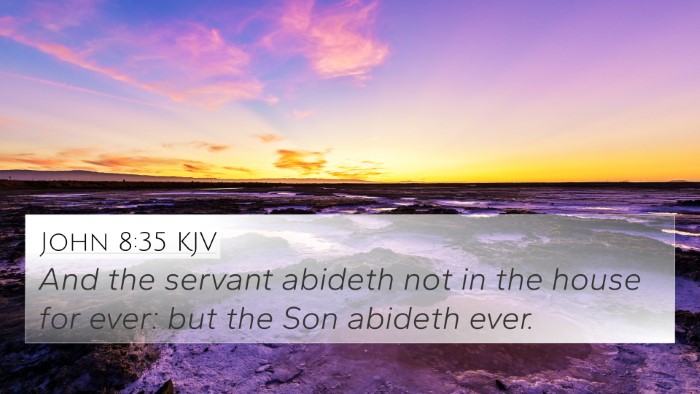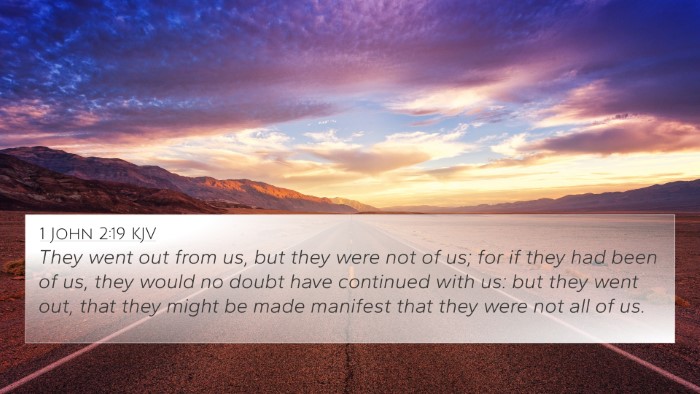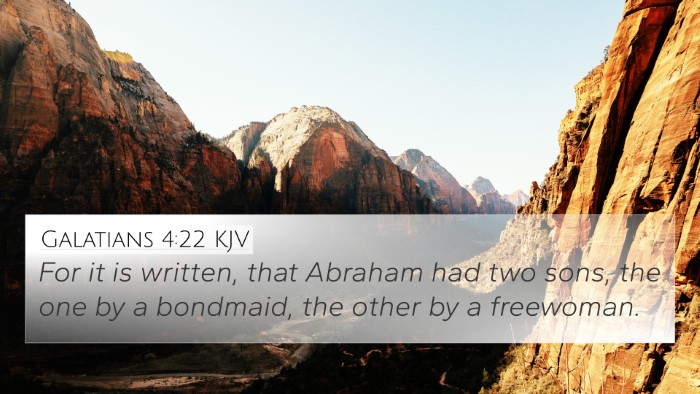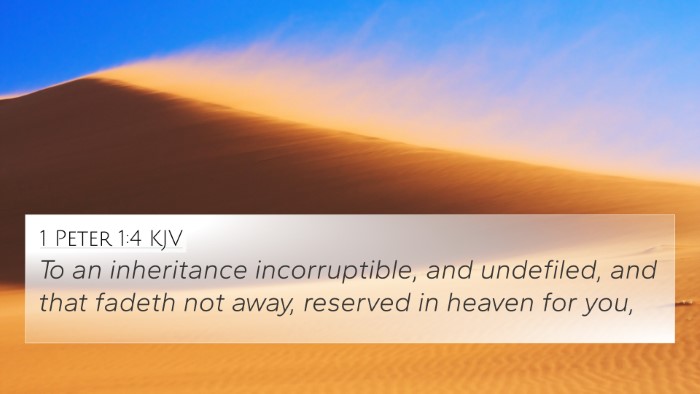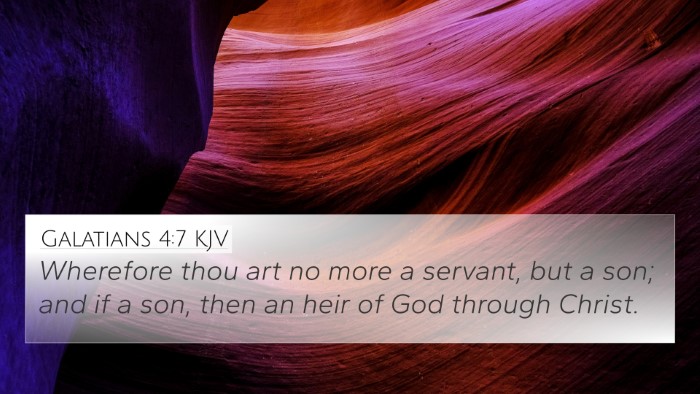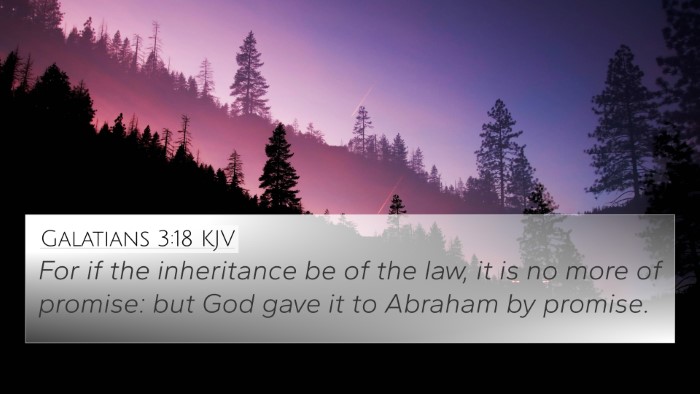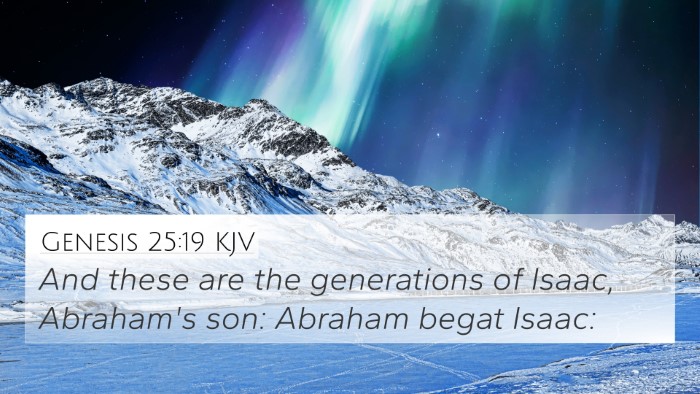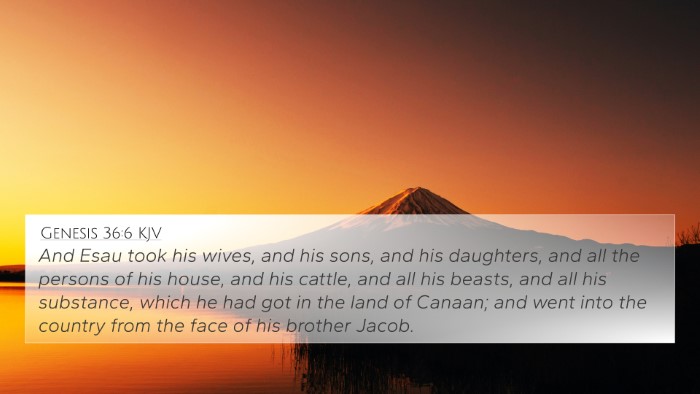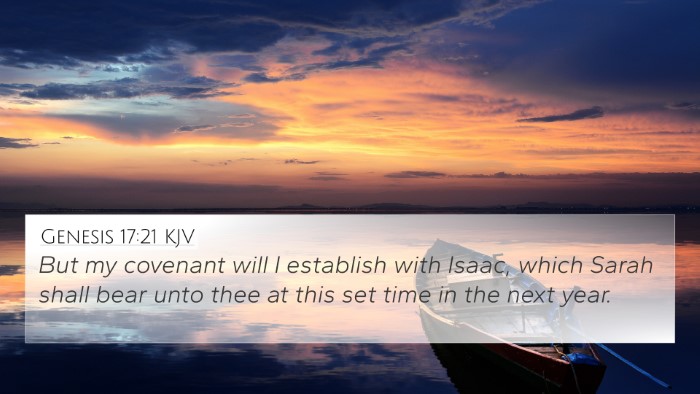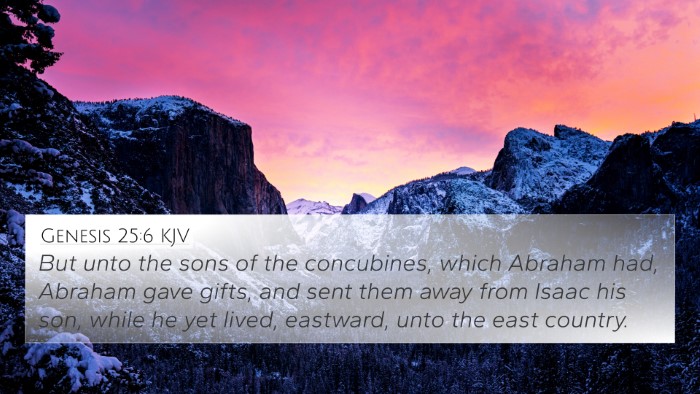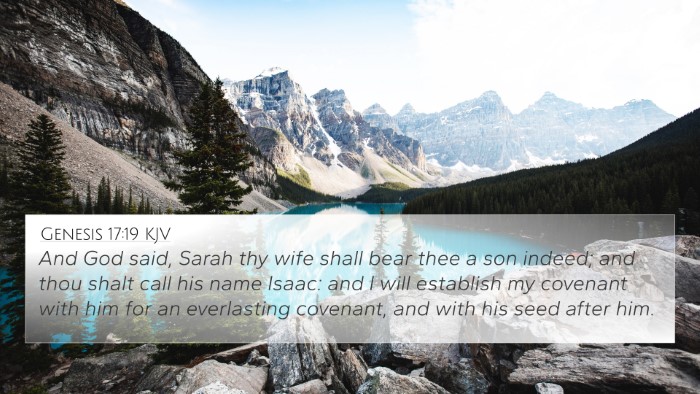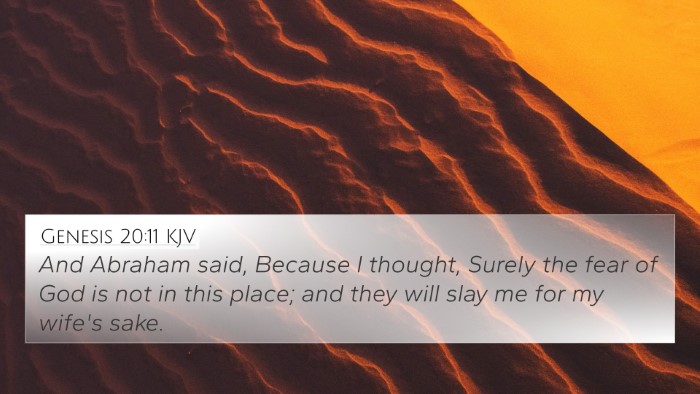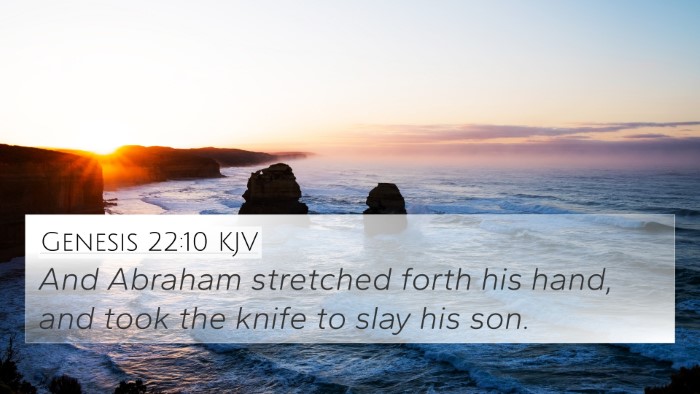Genesis 21:10 Meaning and Interpretation
Genesis 21:10 states: "Wherefore she said unto Abraham, Cast out this bondwoman and her son: for the son of this bondwoman shall not be heir with my son, even with Isaac." This verse is pivotal in understanding the dynamics between Sarah, Hagar, and their respective sons, Isaac and Ishmael. To grasp its implications, we can draw insights from various public domain commentaries, including those of Matthew Henry, Albert Barnes, and Adam Clarke.
Contextual Background
This incident takes place after the birth of Isaac, the son of Abraham and Sarah, who represents the covenant promise of God. Hagar, Sarah's maidservant, had previously borne Ishmael to Abraham. The tension between Sarah and Hagar escalates, leading to the demand for Hagar and Ishmael’s expulsion.
Insights from Public Domain Commentaries
Matthew Henry's Commentary
Matthew Henry highlights the emotional turmoil and the nature of covenant relationships. He notes that Sarah's demand stemmed from a desire to protect the inheritance of Isaac. The author emphasizes that Isaac is the child of promise, underscoring that only the heirs born out of divine promise can partake in God's covenant blessings.
Albert Barnes' Commentary
Albert Barnes elaborates on the social implications of this verse. He describes how Hagar and Ishmael's expulsion was not merely a personal conflict but also a fulfillment of God’s original plan for Abrahamic lineage. Barnes mentions that Hagar's position as a bondwoman placed Ishmael outside the main line of inheritance, establishing a clear distinction between the children of promise and the children of the flesh.
Adam Clarke's Commentary
Adam Clarke provides additional insight into the emotional and tragic aspects of the situation. Clarke notes that Sarah's proposition was likely driven by jealousy and concern for her son's status. He emphasizes the severity of the act as a reminder of the harsh realities faced by those born in servitude, contrasting the freedoms enjoyed by Isaac as the legitimate heir.
Theological Implications
This verse raises several theological questions regarding inheritance, divine promise, and the nature of God’s covenant. It illustrates the tension between human efforts to fulfill God's promises (as with Ishmael) versus reliance on divine intervention (as seen in the birth of Isaac).
Related Bible Cross References
- Galatians 4:21-31 - Discusses the allegory of Sarah and Hagar.
- Romans 9:7-9 - Highlights the concept of spiritual ancestry through Isaac.
- Genesis 16:1-16 - The background of Hagar's relationship with Abraham.
- Genesis 17:15-19 - God's promise regarding Isaac's lineage.
- Genesis 22:1-18 - The testing of Abraham and the reaffirmation of God's covenant with Isaac.
- Hebrews 11:11-12 - Mentions Abraham and Sarah's faith in the promise of a son.
- Isaiah 54:1 - A metaphorical reference to Sarah's lineage being fruitful.
- 1 Peter 3:6 - Draws on Sarah's character as an example of faith.
- James 2:21 - Abraham's faith and works linked to his obedience.
- John 8:39-47 - Jesus talking about the heirs of Abraham.
Connections and Themes
In examining Genesis 21:10, we can observe numerous connections between biblical themes of promise, inheritance, and human jealousy. The expulsion of Hagar and Ishmael is a recurring motif of tension in scriptural narratives, illustrating broader narratives of faith and fulfillment.
Comparative Bible Verse Analysis
This verse can be compared to New Testament teachings where Paul elaborates on the distinctions between the children of the promise and those born of the flesh. The underlying theme emphasizes that while all may be children of Abraham by lineage, not all obtain the promise through faith.
Utilizing Cross-References
For those studying this passage, utilizing cross-references can enhance understanding. Tools for Bible cross-referencing, like a Bible concordance or a Bible cross-reference guide, can provide more profound insights into related themes and connections. Knowing how to find cross-references in the Bible allows for a more integrated understanding of scriptural narratives.
Conclusion
Genesis 21:10 serves as a rich theological site for exploring God's covenantal promises and human conflicts. As we reflect on this patriarchal narrative, we can gain insights applicable to our lives, illuminating our understanding of faith, legacy, and divine promises.
